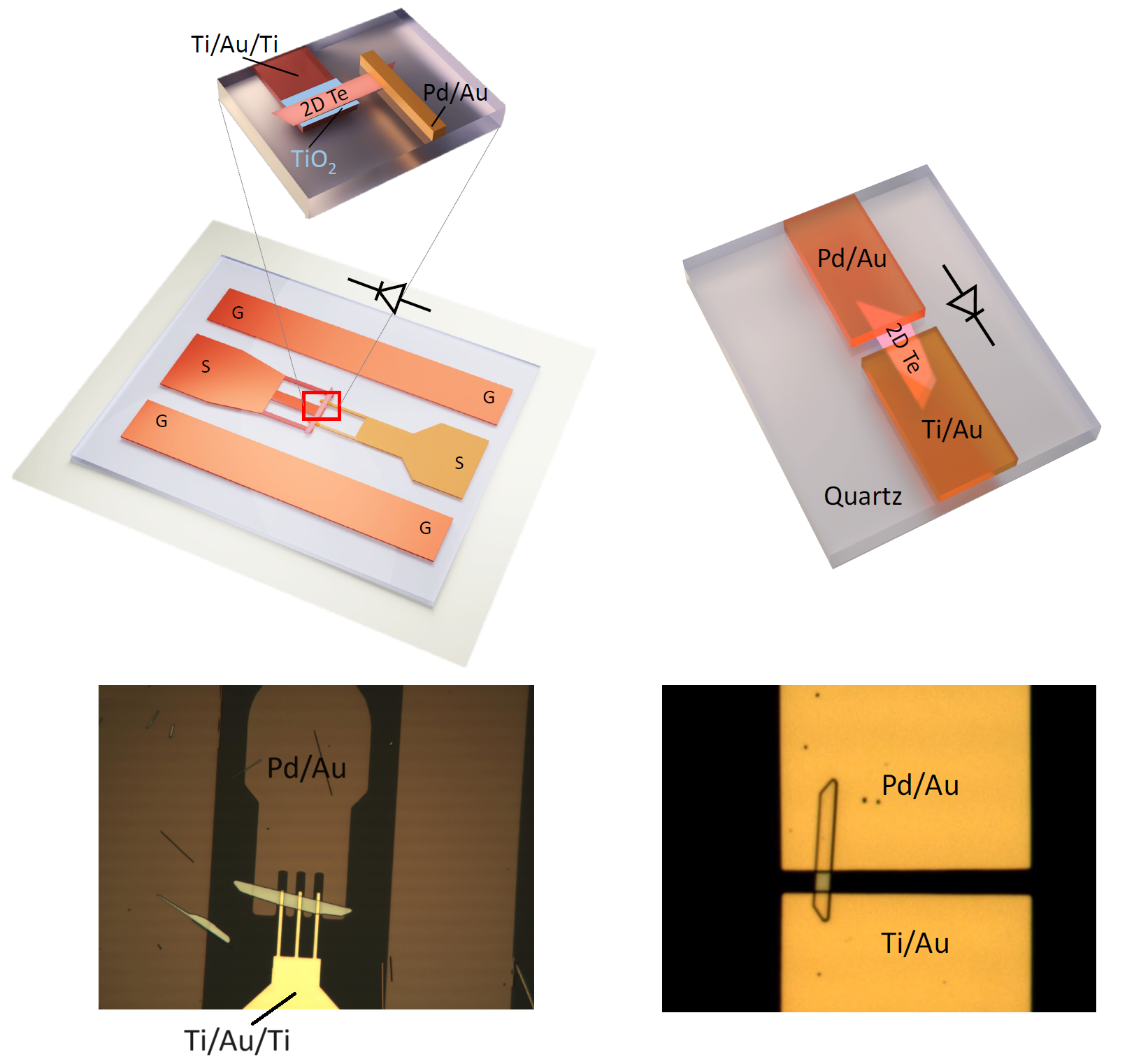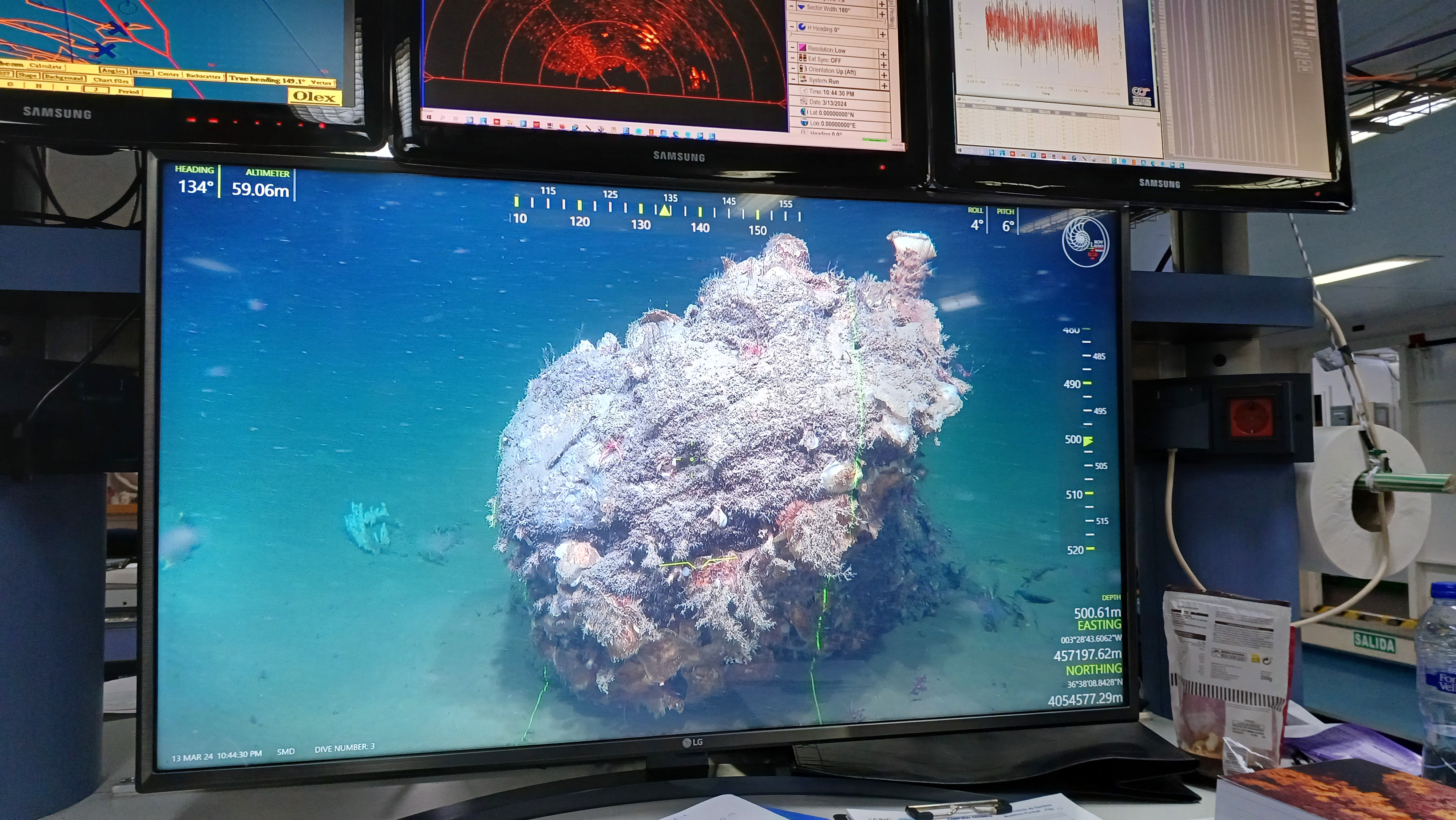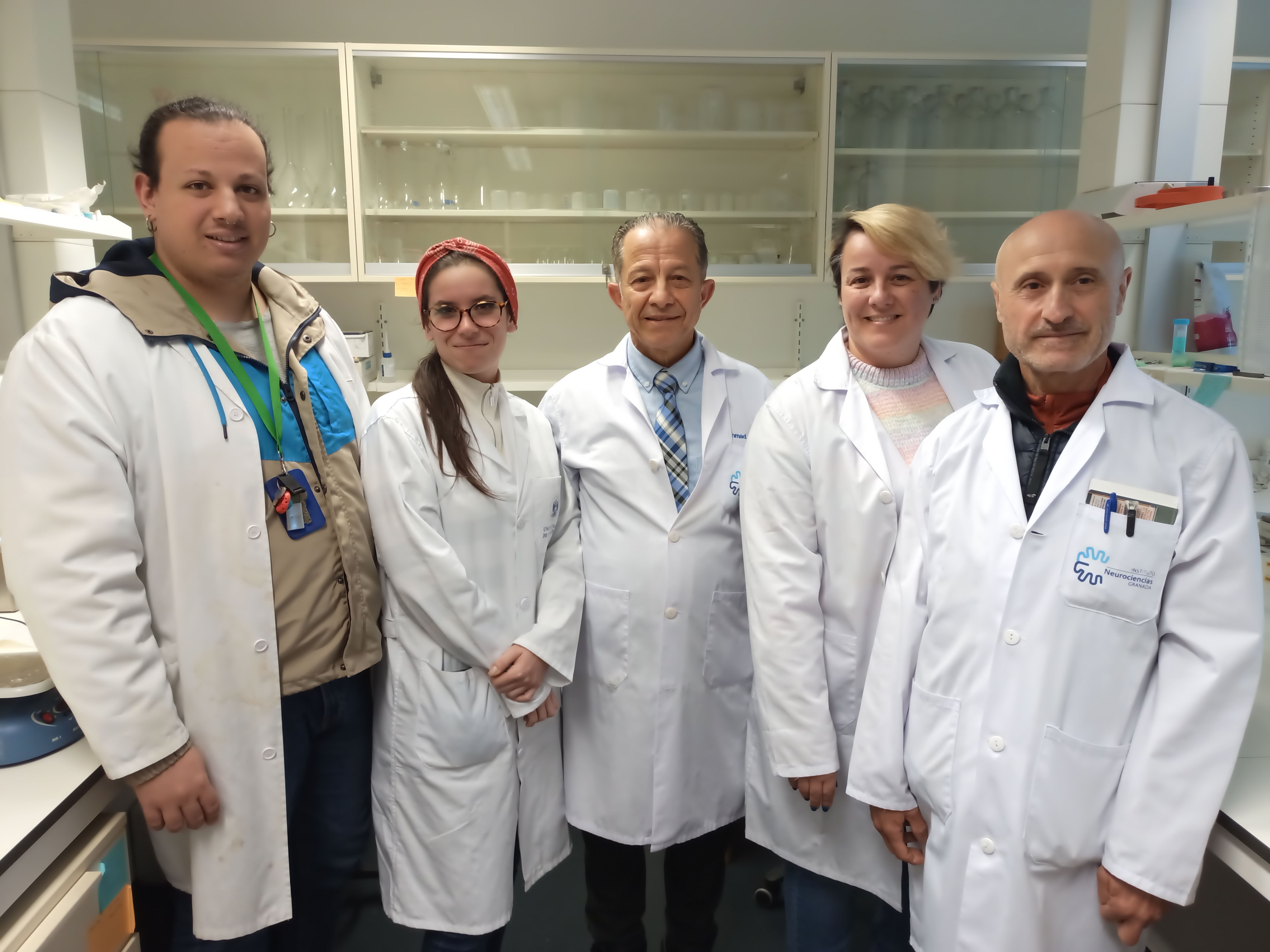
Researchers from the Mind, Brain and Behaviour Research Centre (CIMCYC) of the University of Granada (UGR) have designed a test to detect dysphagia, a disorder that prevents people from swallowing when eating. It affects 8% of the world’s population.
Dysphagia is prevalent among older people in particular (30%–40% of the elderly people admitted to hospitals or care homes) and patients with neurological or neurodegenerative disorders and diseases such as Alzheimer’s, Parkinson’s or multiple sclerosis, amyotrophic lateral sclerosis, cerebral palsy, or strokes.
This difficulty in swallowing is due to the fact that the process of passing food or liquids from the mouth to the stomach requires more time and effort for these patients. Many die from aspiration pneumonia as a result of dysphagia. Yet dysphagia remains underdiagnosed, because many of these patients suffer from cognitive disorders and cannot respond to functional evaluation processes.
To address this, the UGR researchers have designed and validated an early detection test for oropharyngeal dysphagia—called EdisfO—for patients with preserved cognitive status (that is, with no cognitive problems) that has also proven valid in patients with impaired cognitive status. This is the first time an assessment measure has been designed that successfully addresses this need.
The overarching aim of this research is to position the EdisfO as a widely-used tool that facilitates the diagnosis of possible dysphagia—a quick, safe, and effective test to screen for this disorder. It is currently being adapted and validated among the Turkish population, thanks to collaboration with Hacettepe University.
Bibliography
Quirós, S., Serrano, F., & Mata, S. (2019). “Design and Validation of the Oropharyngeal Dysphagia Screening Test for Patients and Professionals: A Preliminary Study”. Dysphagia, 1–14.
Media enquiries:
Sara Mata Sierra
Department of Personality, Evaluation and Psychological Treatment, University of Granada
Email: saramata@ugr.es


